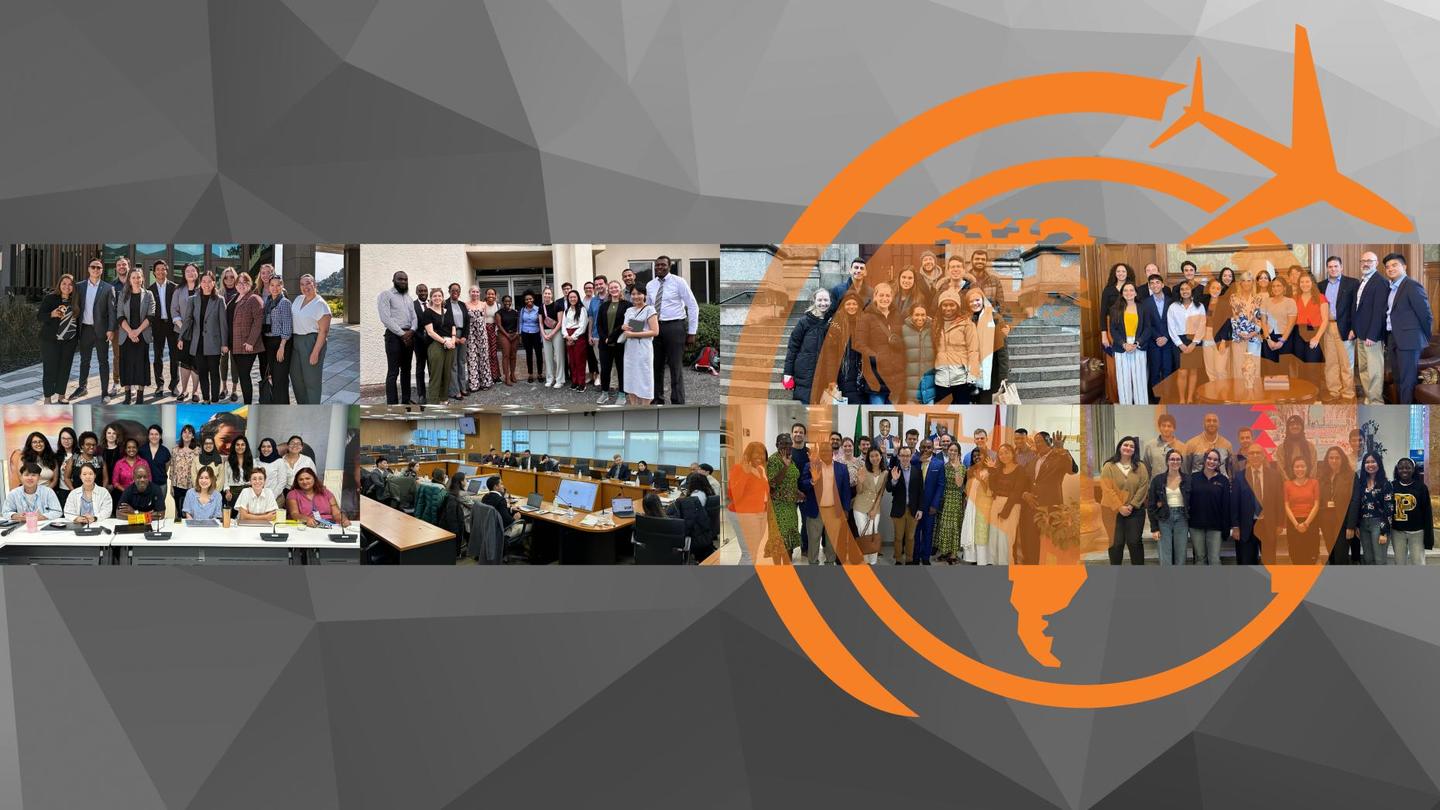Eight International Journeys Bring Global Insights to SPIA Students Over Winter Break

Often overshadowed by its larger neighbors in Latin America, Uruguay has quietly built a strong record of economic success, democratic stability, and environmental sustainability. Despite its smaller size compared to Brazil and Argentina, Uruguay now ranks as the second most productive nation in Latin America. It has also achieved the highest level of democracy in the region and stands out as one of the greenest countries globally, with 90 percent of its electricity sourced from renewable sources.
Hoping to delve deeper into this vibrant but often overlooked country, 12 undergraduate students from Princeton’s School of Public and International Affairs traveled to Uruguay over the University’s winter break. Among the distinguished individuals who engaged with the visiting students was Uruguay’s president, Luis Lacalle Pou, alongside an array of state officials and local experts in politics and culture.
“I never have had the opportunity to meet people who are leading a country, and I was inspired and motivated by them,” said junior Avi Attar. “It was very enriching to learn on a deep level how, as leaders, they are approaching their work and upholding democracy.”
This trip to Uruguay was part of a series of eight international journeys undertaken by SPIA students during the winter break. While undergraduate students also explored Cairo, examining its strategic significance bridging the Middle East and Africa, graduate students ventured to regions across Asia, Europe, Africa, and the Caribbean. The trips provided insights into a wide range of political, economic, and cultural issues with global implications, from Jamaica's response to climate change to Ghana's management of its significant debt burden following a bailout deal.
Students were able to meet and learn from governmental officials, NGOs, grassroots organizations, practitioners, and policymakers across the globe. They also connected with prospective students, alumni, and potential employers.
“These policy-focused trips were an opportunity for students to propose, vote for, and develop a robust itinerary to examine a key policy in a specific location,” said SPIA Director of Graduate Student Life Tâm Lê Rovitto. “This opportunity to explore and analyze classroom content in the real world was invaluable for many students. While substantial time went into the planning and implementation of these trips, it truly was a privilege that we could provide such opportunities to enrich and complement our students’ educational experiences.”
Bing Lin, a doctoral candidate in science, technology, and environmental policy in SPIA’s Center for Policy Research on Energy and the Environment in SPIA, returned to his native Taiwan as part of a graduate-level trip in January. Taiwan, a focal point of geopolitical tensions between the United States and China, holds a vital position in global supply chains, particularly in the manufacturing of advanced semiconductor chips, which power an array of civilian technologies, from smartphones to electric cars, as well as military weapons.
Despite being a citizen of Taiwan, Lin grew up in Indonesia and only visited his home country during summers. The most time he ever spent there was an 11-month stretch at the outset of the COVID-19 pandemic. A marine scientist by training, who earned bachelor’s and master’s degrees from Princeton, Lin jumped at the chance to witness and learn more about the country’s democratic resilience amidst growing ideological tensions.
Taiwan has emerged as a vibrant democracy, where even without absentee or online voting, voter turnout to elect the president regularly tops 70 percent. Lin was able to vote in this year’s election during the trip while also witnessing the enthusiasm of voters firsthand. He and the Princeton delegation attended campaign rallies for all three of the presidential candidates and then watched the official public counting of votes at a local elementary school.
“The trip offered me a unique angle to both observe and experience the election process,” said Lin. “Growing up, I didn't feel personally connected to the workings of Taiwan, but being around these crucial topics, such as democratic resilience, in SPIA, I’ve come to realize how relevant and pivotal Taiwan is in global geopolitics. One of my favorite takeaways from the trip was to see how eager and engaged the Taiwanese people were in the election process. It was moving for me to see citizens truly not take the democratic process for granted, especially in light of looming cross-strait existential threats.”
In Uruguay, Attar was also moved by what he witnessed. “Uruguay is a truly wonderful country that provides a model of a healthy political system,” he said. “Visiting left me hopeful about what the future holds for them and the continent.”
Attar also left with a more tangible understanding of the country’s social, political, and economic landscape. “Now when I’m sitting in class and a related topic comes up, I’m able to concretely picture the situation on the ground,” he said. “That’s something you can’t get out of a textbook — to be able to think like that about the people and the places that are actually at the core of what you’re learning about.”
